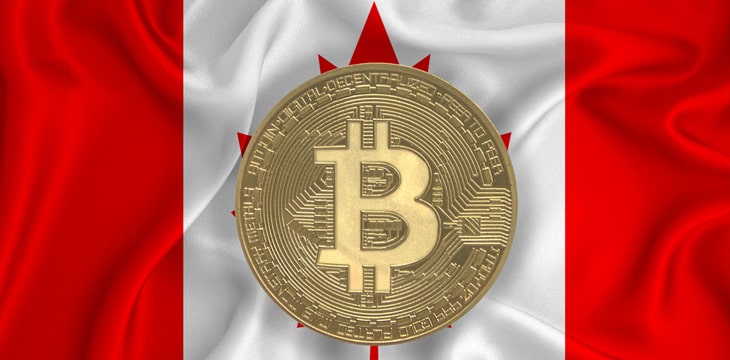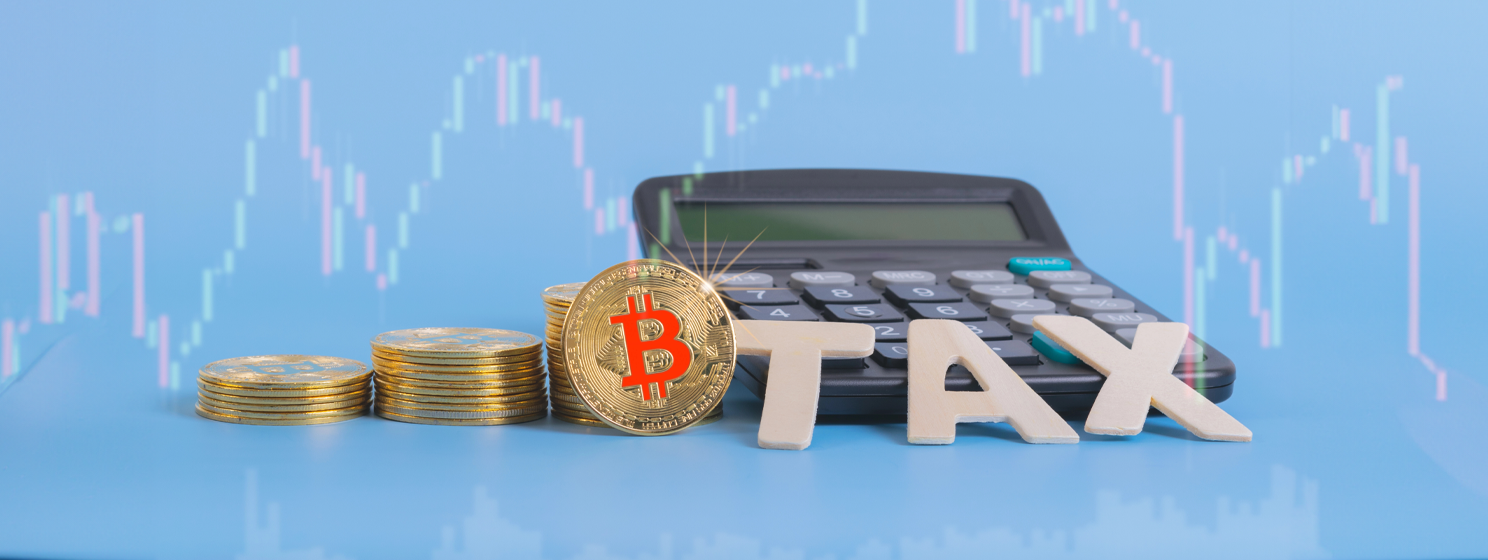|
Getting your Trinity Audio player ready...
|
The Canadian government has presented its 2022 Fall Economic Statement to the public, leaving digital asset enthusiasts holding their breath as the industry is set to undergo a review.
The Fall Economic Statement serves the role of a “mini-budget” to complement the government’s main annual budget. Deputy Prime Minister Chrystia Freeland presented the budget on November 3 before legislators, but the section on “Addressing the Digitalization of Money” piqued the interest of virtual currency investors.
Under the section, the government noted that digital currencies have been rising in popularity, and the country’s financial system will need to “keep pace” with the sweeping changes. The report warned of the inherent challenges associated with their use, saying that the asset class has been deployed in avoiding global sanctions and funding illegal activities.
“In order to help address these challenges in Canada, Budget 2022 announced the government’s intention to launch a financial sector legislative review focused on the digitalization of money and maintaining financial sector stability and security,” read the report.
The review will entail a public consultation before any decision may be made, focusing on the areas of “cryptocurrencies, stablecoins, and central bank digital currencies.” The government aims to speal with digital asset service providers, institutional and retail investors, and other government agencies to chart the best course for regulating the industry.
Canada’s swinging relationship with digital assets
Canada is considered the leading North American jurisdiction for virtual currencies ahead of the United States. The country grabbed headlines when it announced the first digital currency ETF on the continent, drawing in millions of dollars worth of institutional investors’ funds.
Things soon turned awry for the ecosystem following the protests that rocked the nation’s capital over COVID-19 restrictions. Protesters turned to virtual currencies to raise funds after mainstream fundraising platforms denied them access.
Prime Minister Justin Trudeau invoked a rare constitutional power that allowed him to freeze the bank account of protesters and ordered digital asset exchanges to halt processing transactions linked to the sanctioned individuals.
The Bank of Canada revealed that it was in talks with legislators to create an overarching legal framework for digital assets in the country. The body saddled with the role of being the industry’s watchdog shut down claims that it will impose a blanket ban on the asset class.
Rob Morrow, the bank’s executive director of Retail Payments Supervision, stated that the regulator “will take a risk-based approach that will focus on end-user impacts and the efficiency of payment services.”
To learn more about central bank digital currencies and some of the design decisions that need to be considered when creating and launching it, read nChain’s CBDC playbook.

 03-05-2026
03-05-2026 




